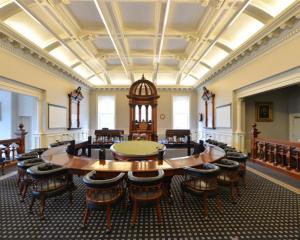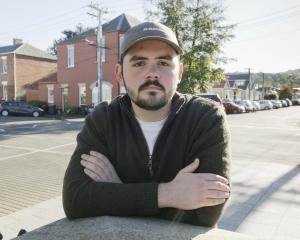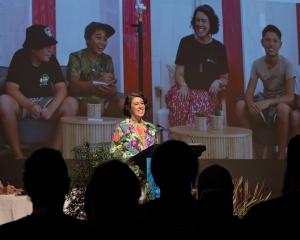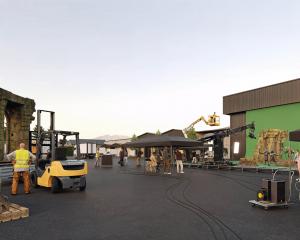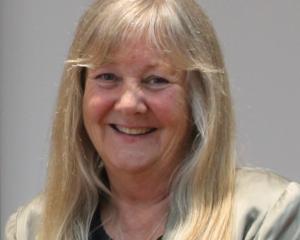
Alan Somerville was one Otago regional councillor to state a view after recent comments by Prime Minister Christopher Luxon about national leadership.
Cr Somerville said local responses should be locally led.
"The South Dunedin Future programme has excelled in showing how to pull in expertise, assemble and communicate information and engage with communities," he said.
"A national approach to resourcing is certainly needed, because adapting to climate change is beyond the resources of councils."
Cr Alexa Forbes was on a similar wavelength.
"Enabling local communities to make choices that are right for them, and making tools and science available to help, is what we are doing with the South Dunedin Future programme.
"I would have thought that government’s role would be to support councils in this work."
The Otago Daily Times asked for councillor comment after a visit by Mr Luxon on Monday following flooding.
The Prime Minister said a national approach was needed to help low-lying suburbs such as South Dunedin adapt to climate change, "not just bespoke responses where councils go off and do their own thing".
South Dunedin Future is an initiative led by the Dunedin City Council and Otago Regional Council and it has carried out extensive study of the area to help shape a response to climate change.
Regional councillor Michael Laws said South Dunedin work was yet to be completed, so neither council was in a position to ask central government for anything.
"Second, if there is going to be any central government assistance required, then the local information needs to be sufficiently robust to survive independent and Treasury scrutiny," he said.
"Third, there are literally hundreds of areas in New Zealand that require a coping strategy in the wake of climate change and consequences."
Cr Laws said he did not believe the Prime Minister meant a one-model-meets-all solution was needed, but that a national strategy and funding model were required.
Cr Elliot Weir said the importance of a national adaptation framework could not be overstated, but any national approach should empower bespoke local community adaptation plans.
Regional council chairwoman Gretchen Robertson said local and regional councils had a critical role in tackling natural hazards.
"With the technical knowledge we hold — through the work of our engineers, scientists, and planners — and strong community connections, councils are best placed to understand our much-loved local landscapes and communities."
City councillor Christine Garey said Mr Luxon’s comment about councils going off and doing their own thing seemed to be at odds with his keenness for localism.
The South Dunedin Future programme had been hailed as an exemplar of how to engage with the community and collect data.
"Now, suddenly, it seems the PM is criticising the project as a bespoke approach."
City councillor Sophie Barker said a national approach was imperative and central government needed to work with local government.
City councillor Jim O’Malley said he had the same piece of pushback for both the Labour and National parties.
"Why don’t you come down and talk to us before you start designing what our cure is? We actually know what we need."



